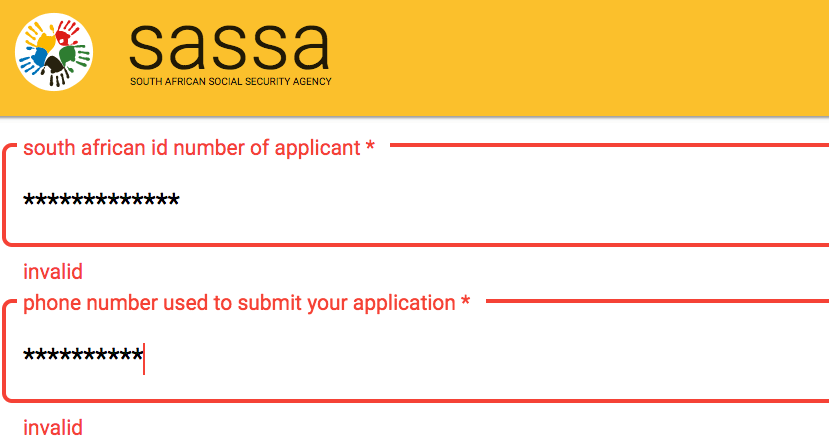Submit Your CV to the Department of Labour’s ESSA Platform

Submit Your CV to the Department of Labour’s ESSA Platform
Register your CV at the Department of Employment and Labour ESSA and be considered for future positions as they become available. If your passion is to serve and work at the Government of South Africa, we urge you to register online on the ESSA database.

Contents
Register CV at Department of Labour ESSA
Registering your CV with the Employment Services of South Africa (ESSA), under the Department of Labour, offers several benefits:
- Job Opportunities: By registering, you gain access to job listings and learning opportunities tailored to your skills and preferences.
- Visibility: Your CV becomes part of a database that employers and organizations can search when looking for suitable candidates.
- Matching Services: ESSA matches your profile with relevant job openings, increasing your chances of finding employment.
- Government Support: ESSA is a government initiative aimed at reducing unemployment and supporting citizens in their job search.
Can I submit my CV at Department of Labour?
If you prefer offline submission, you can submit your CV at the nearest Department of Employment and Labour office. Visit the office in person, and they will guide you through the process. Remember to bring your South African ID and any relevant qualifications.
ESSA Vacancies
ESSA Vacancies refer to job openings and employment opportunities provided by the Employment Services of South Africa (ESSA). These positions are available for job seekers who register with ESSA. Whether you’re looking for full-time employment, part-time work, or learning opportunities, ESSA connects individuals with potential employers, fostering economic growth and reducing unemployment in South Africa.
How do I register with the Department of Labor database? Submit Your CV to the Department of Labour’s ESSA Platform
Certainly! To register with the Department of Labour database in South Africa, follow these steps:
Online Registration (Recommended):
- Visit the Employment Services of South Africa (ESSA) website
- Click on “Individual” to register as a job seeker.
- Once registered, you can search the database for available positions and upload your CV. ESSA will help match you with potential employers.
Department of Employment and Labour Offices
The Department of Employment and Labour in South Africa operates through various offices across different provinces. Here are the key provincial offices:
Eastern Cape:
- Location: 3 Hill Street, East London, 5201
- Email: ec.customercare@labour.gov.za
Free State:
- Location: Laboria House, 43 Charlotte Maxeke Street, Bloemfontein
- Email: fs.customercare@labour.gov.za
Gauteng:
- Location: 77 de Korte Street, Braamfontein, Johannesburg
- Email: Gauteng PO@labour.gov.za, gp.customercare@labour.gov.za
KwaZulu-Natal:
- Location: 267 Anton Lembede (Smith Street), Royal Building, 11th Floor, Durban
- Email: kzn.customercare@labour.gov.za
Limpopo:
- Location: 42A Schoeman Street, Polokwane
- Email: lp.customercare@labour.gov.za
Mpumalanga:
- Location: Cnr Hofmeyer Street and Beatty Avenue, Witbank
- Email: mp.customercare@labour.gov.za
North West:
- Location: Provident House, University Drive, Mmabatho
- Email: nw.customercare@labour.gov.za
Northern Cape:
- Location: 42 Pniel Rd, Kimberley, 8300
- Email: nc.customercare@labour.gov.za
ABOUT Department of Labour
The mission of the Department of Employment and Labour is to regulate the South African labour market for a sustainable economy through: appropriate legislation and regulations; inspection, compliance monitoring and enforcement; protection of human rights; provision of employment services; promotion of equity; social and income protection; and social dialogue.
The Department plays a significant role in reducing unemployment, poverty and inequality through a set of policies and programmes developed in consultation with social partners, which are aimed at: improved economic efficiency and productivity; employment creation; sound labour relations; eliminating inequality and discrimination in the workplace; and alleviating poverty in employment.




